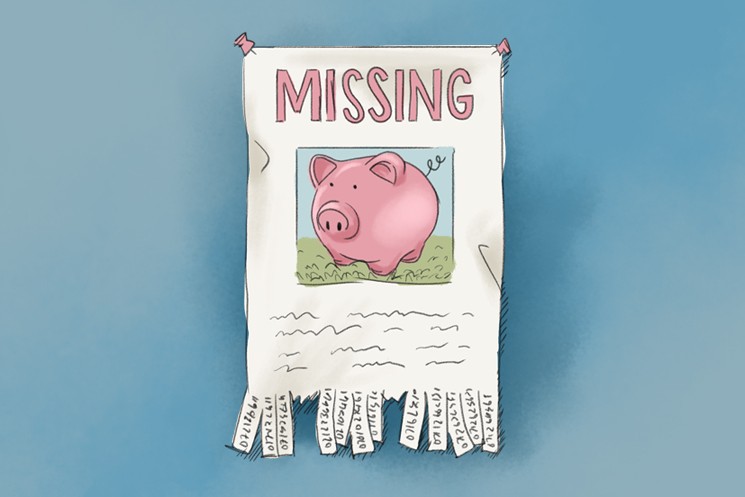Official figures from Action Fraud, the UK’s national reporting centre for fraud and cybercrime, suggest occurrences of pension scams, while troubling, are falling year-on-year to £30m between 2017 and August 2020. However, the Pension Scams Industry Group, a voluntary organisation, says the figure is considerably higher, partly due to many people not realising they have been swindled until many years later. In fact, it estimates pension thieves have stolen a staggering £10bn from 40,000 victims since 2015.
The problem escalated in 2015 when we gained more choice in how to use our pension pots for different investments. While this allowed many people to improve their financial circumstances, it also allowed scammers to trick others into handing over their life savings. Support for victims of this type of crime is low, and very few ever recover their live-savings or receive compensation.
It’s not only the naïve or confused who scammers successfully con. They regularly trick highly educated people, even those with experience in the financial sector. Their tactics are constantly evolving and are increasingly sophisticated, with polished websites and convincing testimonials that they have added to secondary websites to bolster their credibility.
If they don’t try and steal the money outright by gaining access to the pension directly, they can lure victims in with attractive, but unusual, investments.
If they don’t try and steal the money outright by gaining access to the pension directly, they can lure victims in with attractive, but unusual, investments. Sounding ‘too good to be true’, these often guarantee better returns than on pension savings by exaggerating the potential earnings and downplaying the risks. Types of investment can include overseas property and hotels, airport parking, storage units, bonds for renewable energy, and forestry.
Often these ‘opportunities’ are unregulated and have no consumer protections. The investment structures are usually overly complicated, preventing careful analysis, and are long-term, which often mean people don’t realise anything is wrong until much later. Common danger words and phrases used include: ‘free pension review’, ‘loan’, ‘savings advance’, ‘one-off investment’, ‘government endorsement’, and ‘cashback’ or ‘cash bonus’.
Another common term to look out for is ‘pension liberation’. This type of scheme involves persuading the victim there is a loophole for an early release of funds from their pension pot. This can be particularly dangerous as there are no such loopholes and doing so will leave the victim with large fees and/or tax bills of 55% from HM Revenue and Customs (HMRC).
Given enough time to consider these deals, especially if discussed with family, friends or an expert, most people will choose to err on the side of caution, but scammers work around that. Cold-calling, either on the phone or at home, used to be their preferred tactic but since 2019 it is illegal for anyone to do that about pensions.
While that still happens, scammers are now making contact through social media and via recommendations from duped friends and family to make them seem safe and legitimate. Once they have made contact, they use high-pressure sales tactics, such as suggesting the schemes are time-limited offers. They use couriers to send official documents to the victim’s home, who wait until they’ve signed them, without giving an opportunity to properly read them or to consult with experts.
It's estimated pension thieves have stolen a staggering £10bn from 40,000 victims since 2015.
Pension Scams Industry Group
Sources
https://www.actionfraud.police.uk/news/warning-from-action-fraud-toprotectyourpension-as-1-8-million-lost-topension-fraud-so-far-this-year
https://www.wealthatwork.co.uk/corporate/2021/02/04/pension-scams-rifealmost-one-year-on-from-when-covid-19-firststruck/
House of Commons Work and Pensions Committee ‘Protecting pension savers – five years on from the pension freedoms: Pensionscams Fifth Report of Session 2019–21’
https://www.thepensionsregulator.gov.uk/en/pension-scams
Investment involves risk. The value of investments and the income from them can go down as well as up and investors may not get back the amount originally invested.
The information provided in this document is of a general nature. It is not a substitute for specific advice with regard to your own circumstances.
Any views expressed are those of the author. All figures were correct at the time of going to print. You are recommended to obtain professional advice before you take any action or refrain from action. You should contact the person at JM Finn with whom you usually deal if you wish to discuss any of the topics mentioned.
Click here for more articles from our Pension Report
Don’t lose your hard-earned savings
Download


